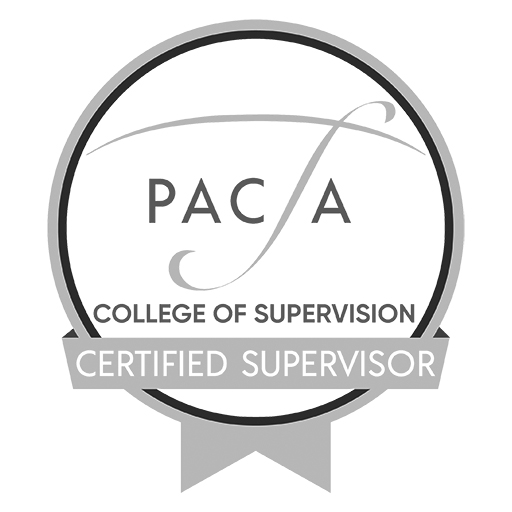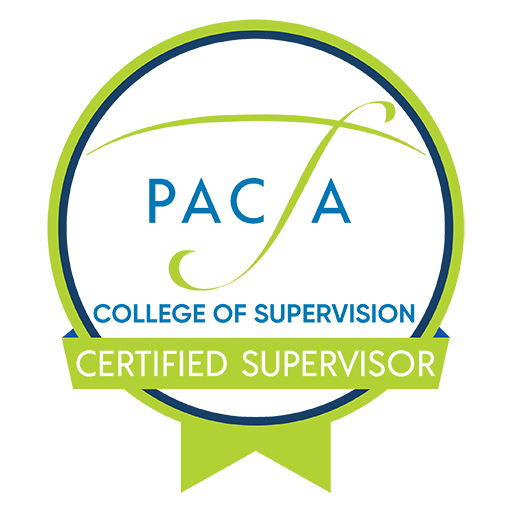At the close of every MI 2 workshop attendees are asked to write a ‘thank you note’ to MI, as if they had just met MI in the street, like a favourite old teacher. I have collected over 120 notes again this year again and have featured in this issue, some of the most impactful letters of gratitude. This editorial was so well received in the end of year issue for 2017, I thought I’d make this a new Pavestone tradition. I hope you find the sentiments expressed inspiring and encouraging of your growing MI practice.










